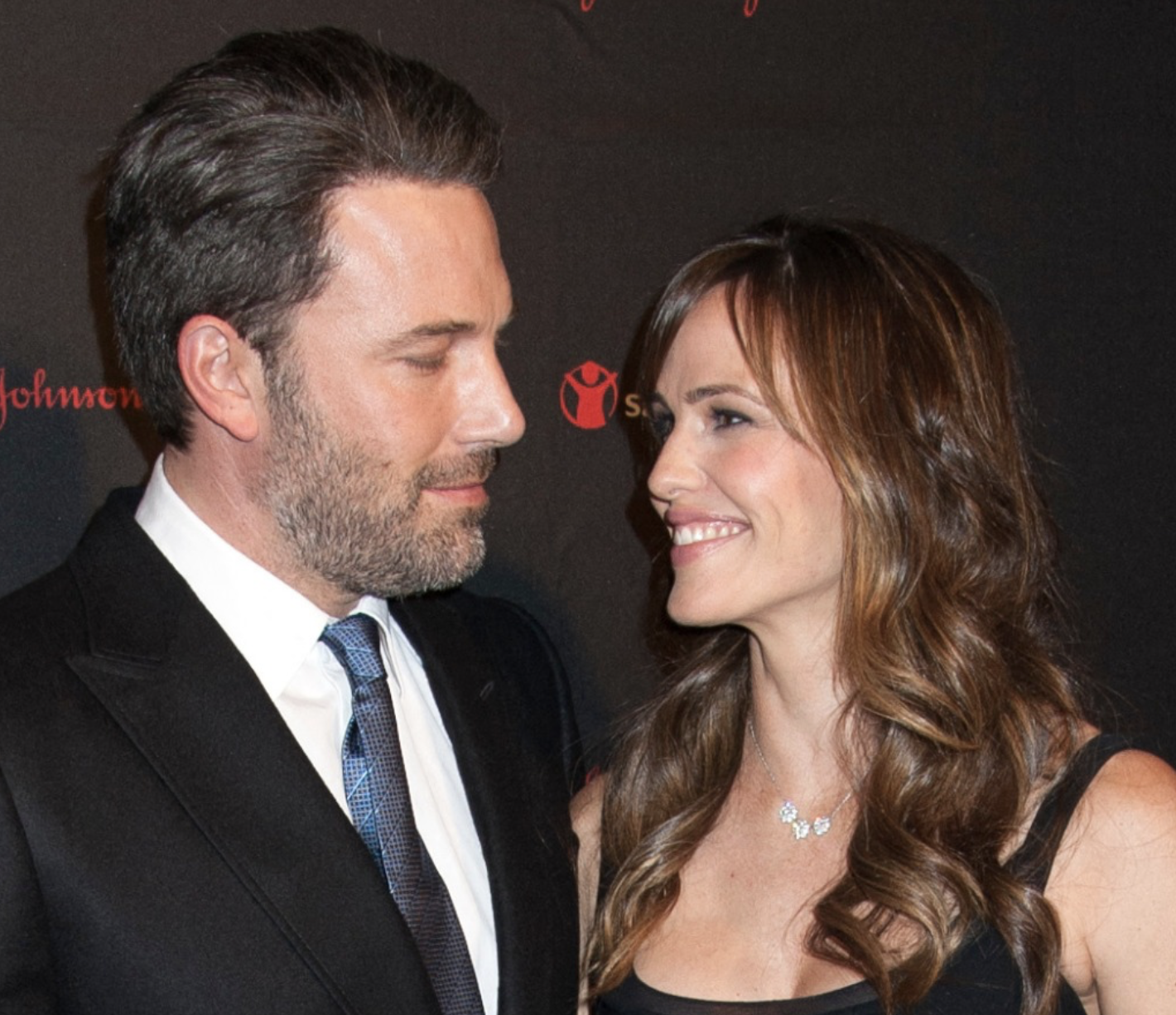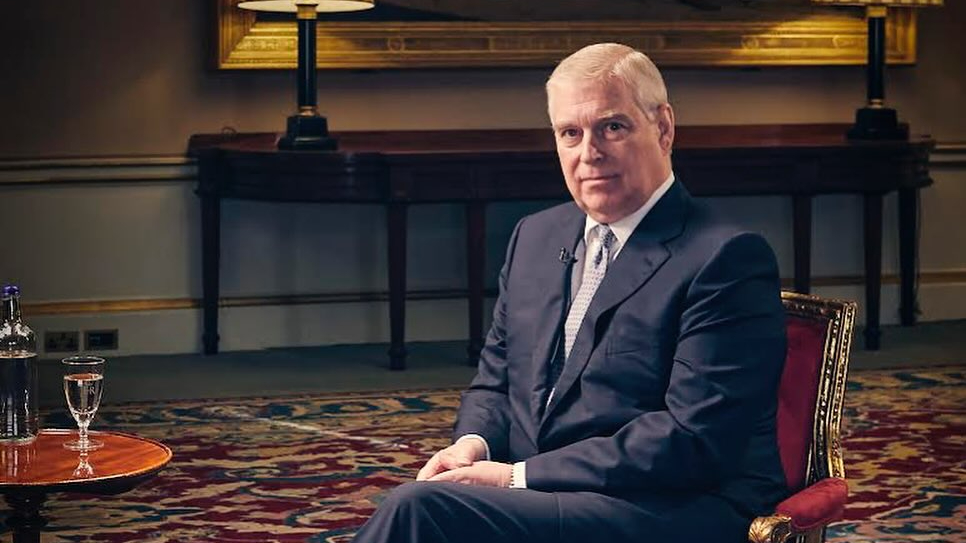Prince Andrew is expected to lose his remaining honorary military roles and royal patronages as King Charles advances plans to streamline the monarchy. The move follows Andrew’s withdrawal from public duties in 2019 and his 2022 civil case settlement. It reflects a broader effort to protect the Royal Family’s public credibility.
Prince Andrew Set to Lose Remaining Royal Titles as King Charles Reshapes the Monarchy
Prince Andrew is once again under renewed public focus as Buckingham Palace signals that his remaining honorary titles and patronages may soon be removed. The Duke of York stepped back from royal duties several years ago, but new discussions suggest that further developments are likely, marking a significant step in King Charles’s ongoing effort to reshape the modern monarchy.
Titles and patronages are more than ceremonial labels within the Royal Family. They represent national continuity and public legitimacy. In an era where trust in institutions is increasingly scrutinized, the monarchy has emphasized transparency and accountability in order to maintain relevance, particularly among younger generations who view inherited privilege skeptically.
A palace source described the process as a careful and measured decision aligned with protecting the monarchy’s long-term reputation. The sentiment reflects a strategic shift rather than a personal dispute.
Financial Implications and Public Perception
Although Prince Andrew no longer receives public funding, questions continue surrounding his lifestyle and residence at Royal Lodge in Windsor, a property with considerable maintenance costs. The palace maintains that Andrew funds his living arrangements privately, yet ongoing curiosity remains regarding his long-term financial arrangements.
According to analysis reviewed by CEO Today, Andrew’s financial stability relies largely on inherited wealth and private assets. If remaining honorary roles are removed, any possible pathway back into formal public representation effectively closes, narrowing any future income associated with royal duty or public engagement.
Dr. Craig Prescott, a constitutional law lecturer at Bangor University, explained:
“The monarchy’s power relies on moral authority. Any association that risks damaging that authority becomes a structural vulnerability.”
This view highlights that the issue extends beyond public opinion—it relates to safeguarding the monarchy’s constitutional role.
Legal Context and Lingering Public Opinion
Prince Andrew’s settlement of a civil lawsuit brought by Virginia Giuffre in 2022 allowed legal proceedings to conclude without admission of liability. However, public opinion remains divided. While no criminal charges were filed, the case continues to shape perceptions of Andrew’s position within the Royal Family.
Legal experts note that civil settlements do not determine guilt, but the absence of a definitive legal resolution leaves issues of reputation unresolved. For an institution dependent on trust, perception matters as much as outcome.
Prince Andrew
A Deliberate Shift in Monarchy Strategy
King Charles has signaled a streamlined model for the monarchy: fewer working royals, clearer responsibilities and a stronger emphasis on public service. The situation involving Prince Andrew fits within this broader framework.
The action under consideration is less about personal consequence and more about institutional clarity. The priority is maintaining the monarchy’s integrity at a time when traditional authority is frequently questioned.
Conclusion
Prince Andrew’s position within the Royal Family has been reshaped gradually over several years, and the expected removal of remaining titles would formalize a reality already understood publicly. The monarchy’s future depends not on tradition alone, but on its ability to align itself with contemporary expectations of accountability and trust.
This development is ultimately a story about leadership in transition—where inherited roles must now be justified by public confidence rather than history alone.
FAQ: The Real Cost of a Royal Reputation
Why is Prince Andrew at risk of losing more titles now?
The decision reflects King Charles’s broader strategy to streamline the monarchy and align it with modern expectations of accountability. It is less about a new event and more about finalizing a long-running shift in public-facing roles.
Does Prince Andrew still receive public money?
No. He no longer receives public funds for official duties. His living and personal expenses are said to come from private sources, although details of those arrangements are often the subject of public speculation.
What happens if his remaining titles are removed?
Losing these titles would further formalize his status outside of active royal duties. It would also reduce any remaining symbolic links to national institutions, such as the military or charitable organizations.









